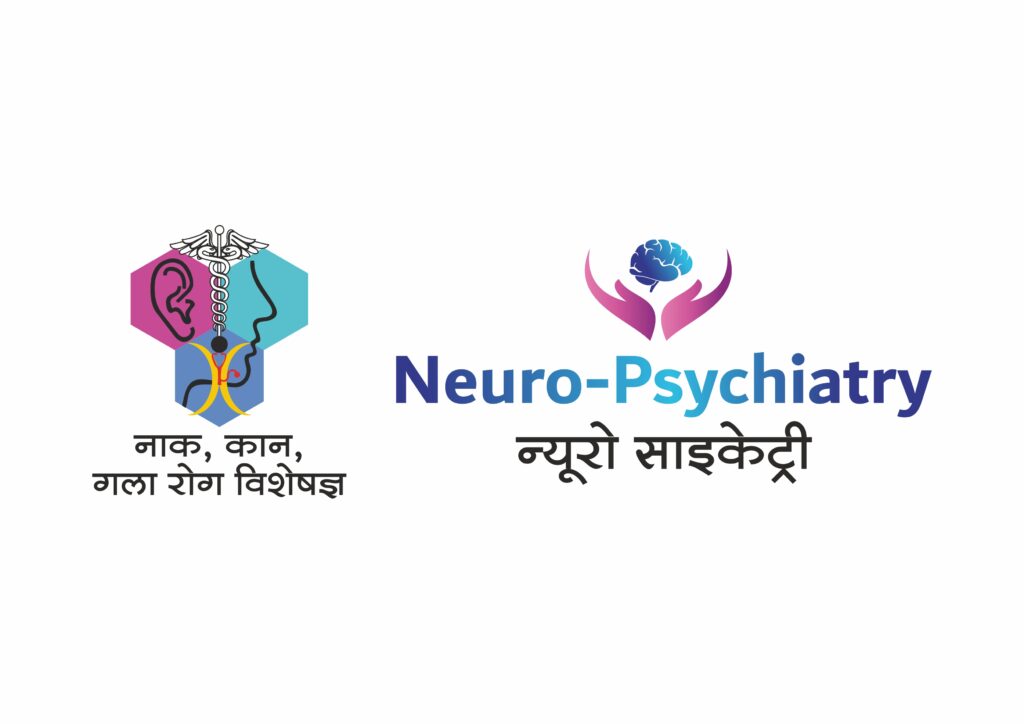Introduction
In the healthcare system, diagnostic tests and lab services play a crucial role in determining the health status of patients. Supportive lab services are vital for ensuring accurate diagnosis, monitoring diseases, and providing the necessary information for treatment plans. These services go beyond basic testing and help healthcare providers make informed decisions about patient care.
This blog delves into the importance of supportive lab services, their types, and how they contribute to better health outcomes.
What are Supportive Lab Services?
Supportive lab services refer to specialized tests and diagnostic services that complement the primary diagnostic process. They include laboratory tests that are used for monitoring, confirming, or ruling out certain conditions or to help track the progress of treatment. These services are typically employed when a detailed examination of a patient’s health is needed or when further evaluation is required based on clinical symptoms or medical history.
Supportive lab services help in disease prevention, management, and recovery. They are integral in ensuring a patient receives comprehensive care, allowing for targeted treatments based on accurate and timely data.
Types of Supportive Lab Services
- Hematology Tests
Hematology focuses on the study of blood and blood-forming tissues. Hematology tests are essential for diagnosing and monitoring various blood disorders, such as anemia, clotting disorders, and leukemia.
- Complete Blood Count (CBC): A common test to evaluate overall health and detect a wide range of disorders like anemia, infection, and many other diseases.
- Blood Smear: Helps in examining the blood under a microscope to identify abnormal cells.
- Biochemistry and Clinical Chemistry Tests
These tests measure the levels of various chemicals and enzymes in the blood and urine, aiding in the diagnosis and monitoring of metabolic conditions, liver and kidney function, and heart diseases.
- Liver Function Tests (LFT): Used to evaluate the liver’s health and detect liver diseases.
- Kidney Function Tests: Measures creatinine, blood urea nitrogen (BUN), and other markers to assess kidney health.
- Blood Glucose Test: Monitors blood sugar levels to help manage diabetes.
- Microbiology Tests
Microbiological testing involves analyzing samples (e.g., blood, urine, stool, or throat swabs) to detect the presence of infectious agents like bacteria, viruses, fungi, or parasites.
- Culture and Sensitivity Tests: Used to identify bacterial infections and determine the most effective antibiotics.
- Polymerase Chain Reaction (PCR): A molecular diagnostic technique that can identify genetic material from pathogens like viruses or bacteria.
- Immunology and Serology Tests
Immunology tests evaluate the immune system’s function and detect markers of autoimmune diseases or infections. They help in diagnosing conditions like HIV, hepatitis, and autoimmune disorders.
- Enzyme-Linked Immunosorbent Assay (ELISA): Used to detect antibodies in the blood for specific infections.
- HIV and Hepatitis B/C Tests: Help diagnose viral infections that affect the immune system and liver.
- Endocrinology Tests
Endocrinology lab tests assess hormone levels to diagnose and monitor endocrine disorders, including thyroid conditions, diabetes, and reproductive issues.
- Thyroid Function Tests: Used to measure levels of thyroid hormones to diagnose hypo or hyperthyroidism.
- Prolactin and Cortisol Levels: Help diagnose hormonal imbalances and disorders related to stress and reproductive health.
- Genetic Testing
Genetic testing is a rapidly advancing field that involves analyzing a patient’s genetic makeup to predict disease risk, identify inherited conditions, or guide personalized treatments.
- Carrier Screening: Identifies individuals who carry genes for inherited disorders.
- Genetic Counseling: Helps patients understand the risks of inherited genetic conditions and their implications for family health.
Importance of Supportive Lab Services in Healthcare
- Early Diagnosis and Intervention
Supportive lab services can detect abnormalities early, even before symptoms become apparent. For instance, routine blood tests can help identify high cholesterol or elevated blood sugar levels, allowing for early intervention and prevention of more serious health problems.
- Monitoring Treatment Progress
Once a diagnosis is made, lab tests are essential for monitoring a patient’s response to treatment. For example, regular liver function tests can help assess how well a patient is responding to medication for hepatitis or liver disease. Similarly, cancer patients often undergo regular tumor marker tests to track disease progression or remission.
- Accurate Diagnosis
Supportive lab services provide precise information that helps healthcare providers make accurate diagnoses. By examining a range of biomarkers, tests can pinpoint the exact cause of symptoms and tailor treatment to address the underlying condition. This is crucial for diseases with overlapping symptoms, such as autoimmune diseases and infections.
- Preventive Healthcare
Supportive lab services contribute to preventive healthcare by identifying risk factors for diseases before they develop into serious conditions. For example, routine screening for diabetes, high cholesterol, and hypertension can help patients manage their health proactively, reducing the risk of complications like heart disease and stroke.
- Personalized Medicine
With advancements in genetic testing and molecular diagnostics, supportive lab services now play a key role in personalized medicine. These services enable healthcare providers to select the most effective treatments for individual patients based on their genetic profile, lifestyle, and specific medical conditions.
- Guiding Clinical Decisions
Supportive lab services provide critical data that guides clinical decision-making. For example, microbiology tests can help determine which antibiotic will be most effective for treating an infection, while genetic testing can help doctors choose the most suitable treatment for cancer patients based on genetic mutations.
How Supportive Lab Services Benefit Patients
- Accurate Diagnosis: By providing precise, detailed information about a patient’s condition, supportive lab services reduce the likelihood of misdiagnosis.
- Timely Treatment: These tests help in the early identification of health issues, ensuring that treatment starts at the right time.
- Personalized Care: Lab services, especially in genetics and endocrinology, enable healthcare providers to offer personalized treatment plans that cater specifically to the needs of the patient.
- Preventing Complications: Regular monitoring through lab tests can catch issues before they develop into more severe conditions, leading to better health outcomes and fewer complications.
Conclusion
Supportive lab services are an indispensable part of modern healthcare. They aid in the diagnosis, treatment, and management of a wide range of medical conditions, ensuring that patients receive timely and accurate care. Whether through basic blood tests, advanced genetic screenings, or microbiological evaluations, lab services provide the essential information needed to guide clinical decisions and optimize patient outcomes. As technology continues to evolve, supportive lab services will only become more integral in delivering high-quality healthcare tailored to individual patient needs.
Regular consultation with your healthcare provider and routine lab tests can go a long way in maintaining good health and preventing the onset of more severe health conditions.


